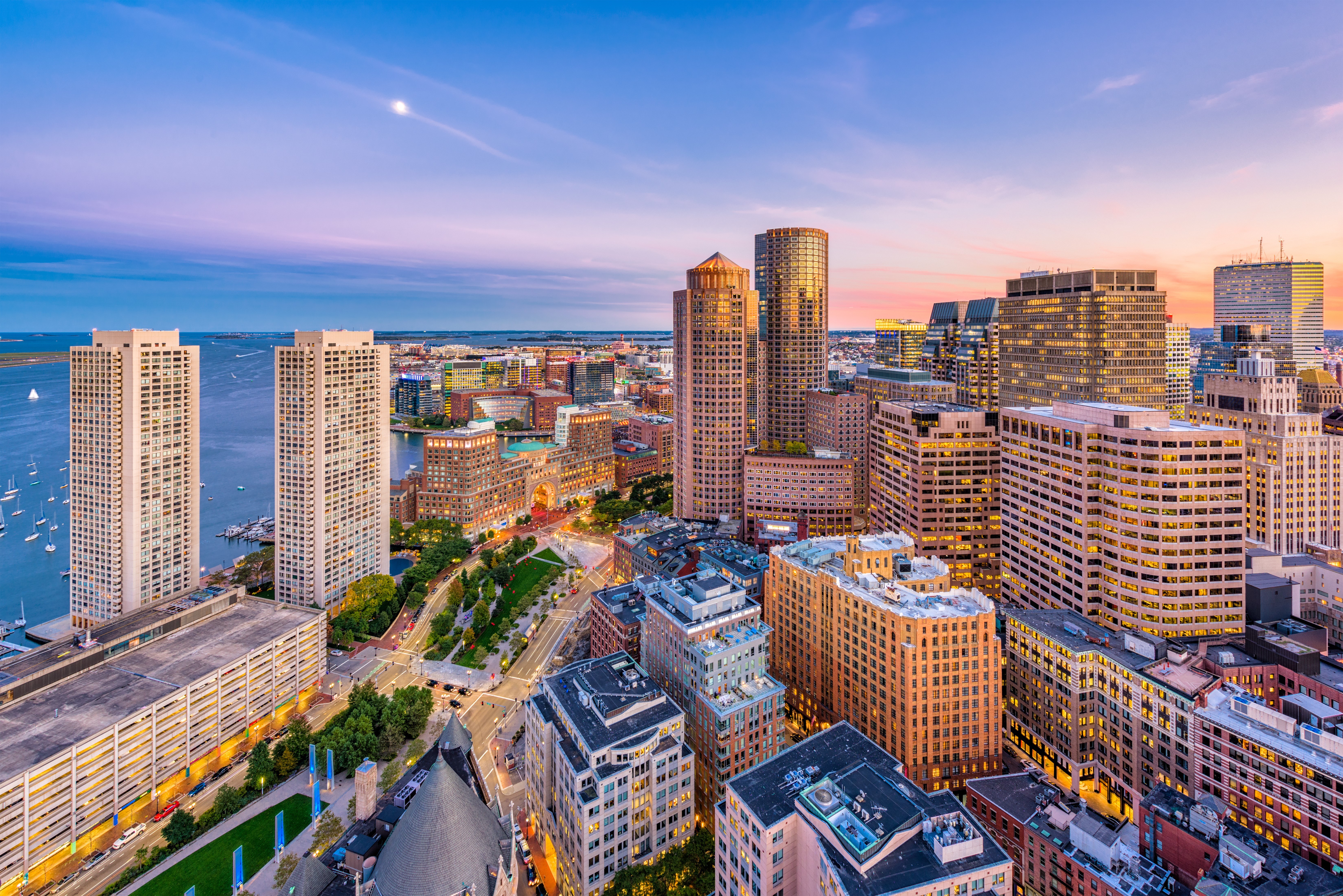
Persistent Inequality: Boston’s Boom Must Serve Everyone
November kicked off in observance of Latina Equal Pay Day, calling attention to the fact that, on average, Latinas earn 53 cents to every dollar earned by non-Hispanic white men. This fact and this day expose a blatant reality: that wealth and power are not shared equally nationwide and even within our city. A recent report from The Boston Foundation, Boston’s Building Boom … But For Whom?, highlights that while Boston’s economy is booming, the benefits are unfortunately not felt by all. Among the many findings in the report, familiar challenges and conditions still exist that must be addressed and solved. We’ve provided a few key takeaways from the study below.
- On a national scale, Boston has improved as it relates to income equality, but such success isn’t shared across the board. According to data from the Brookings Institute, we still rank in the top 10 between the 20th and 95th percentiles for income inequality, meaning that the city’s top-earners continue to see increased wages, while low-income residents have seen limited improvement. As outlined in the report, “A Boston Indicators analysis of inflation-adjusted wages finds that hourly wages have risen 7% for low-wage earners, 25% for median wage earners, and 52% for workers in the highest five percent of earners since 1979.”
- Inequality by race continues to persist and divide communities. In Boston, Latino men who grew up in low-income households rank 24th in economic mobility and, although compared to other cities Boston ranks first for annual incomes among black men, they still make considerably less than white males.
- The city’s cost of living continues to negatively impact minority communities. The combination of rising housing prices and slow income growth has created an atmosphere where many hardworking residents can no longer afford to live in Boston. As an indication of this, the report found that nearly 7-in-10 white households own homes, versus less than half of Black and Latino households. While these findings are disheartening, our commitment to providing educational opportunities, economic mobility, arts and housing to people who may not otherwise have the means has been a critical component of everything we do since our establishment 50 years ago and remains as strong as ever. In fact, by the end of the year, IBA will be adding 146 units to our 521-unit affordable housing portfolio. But our work doesn’t stop there. In addition to supporting Mayor Walsh’s decision to increase the number of affordable housing units to be built under his Imagine 2030 plan, we will continue to encourage developers and policymakers to incentivize building more onsite affordable housing in core urban areas to ensure that low-income and minority residents aren’t pushed to the peripheries of our neighborhoods.
We are proud to be working to develop housing opportunities for low-income households
and minority residents in Boston. For more information on how you can support IBA, please
visit our page: http://www.ibaboston.org/donat...
